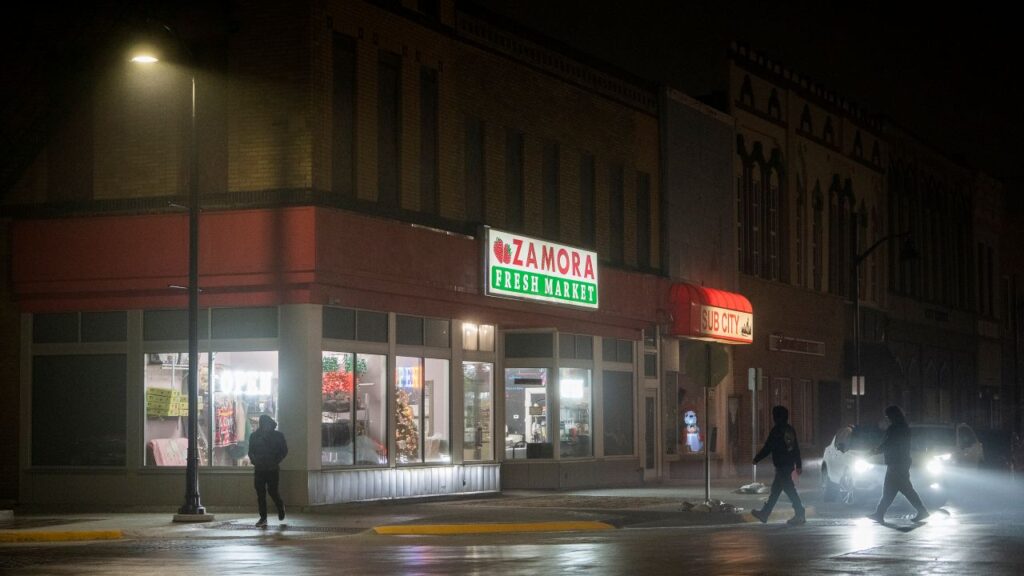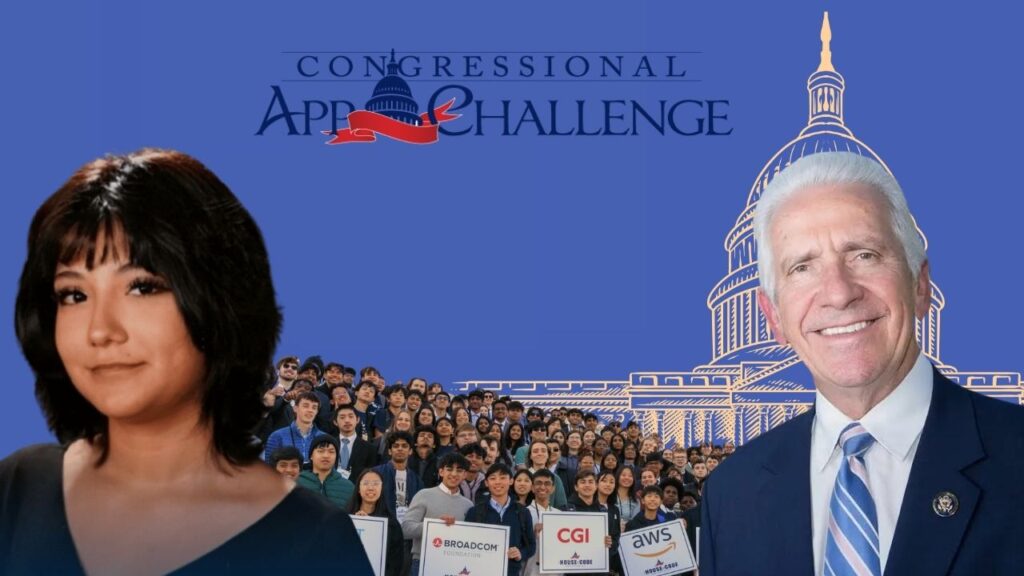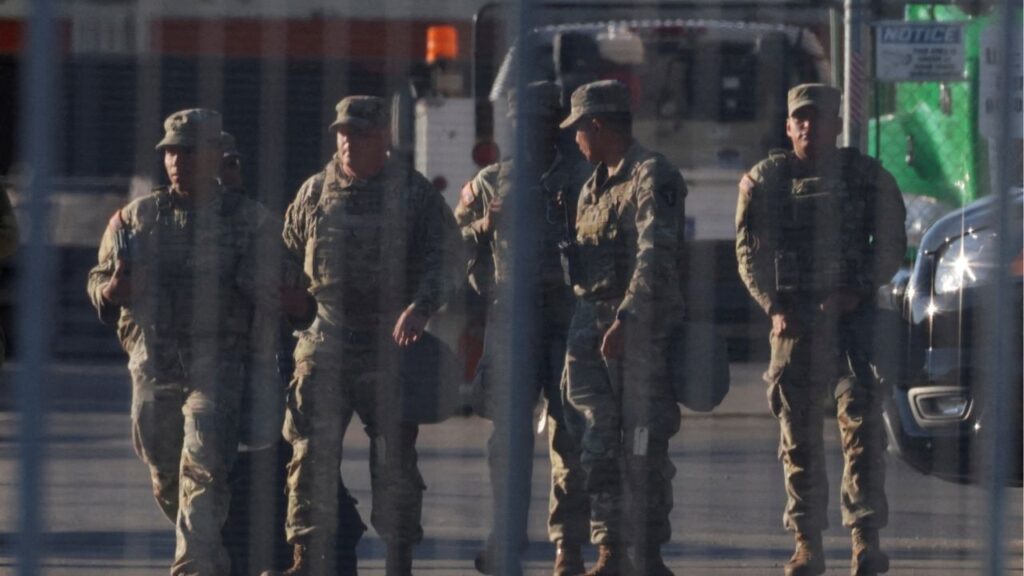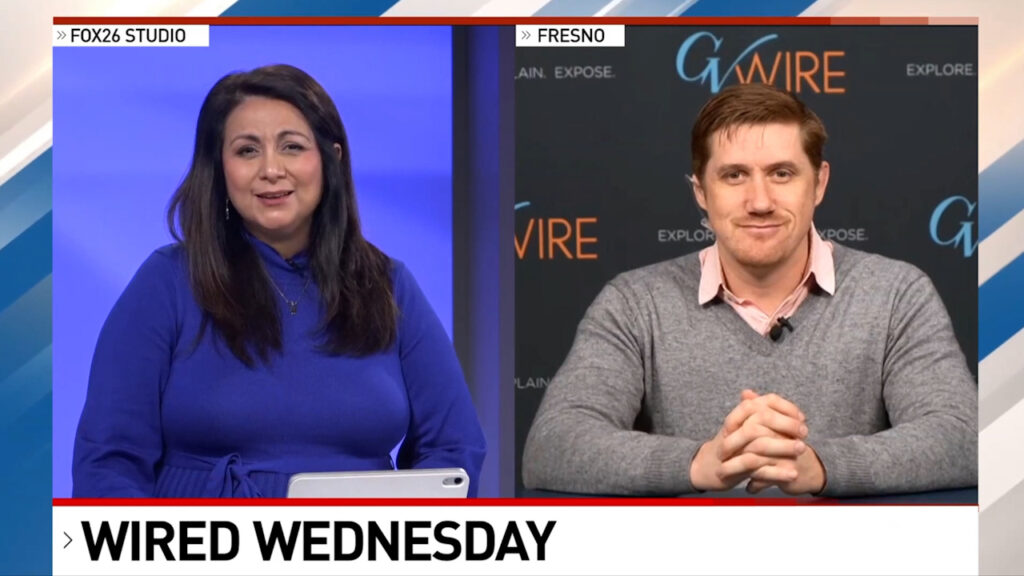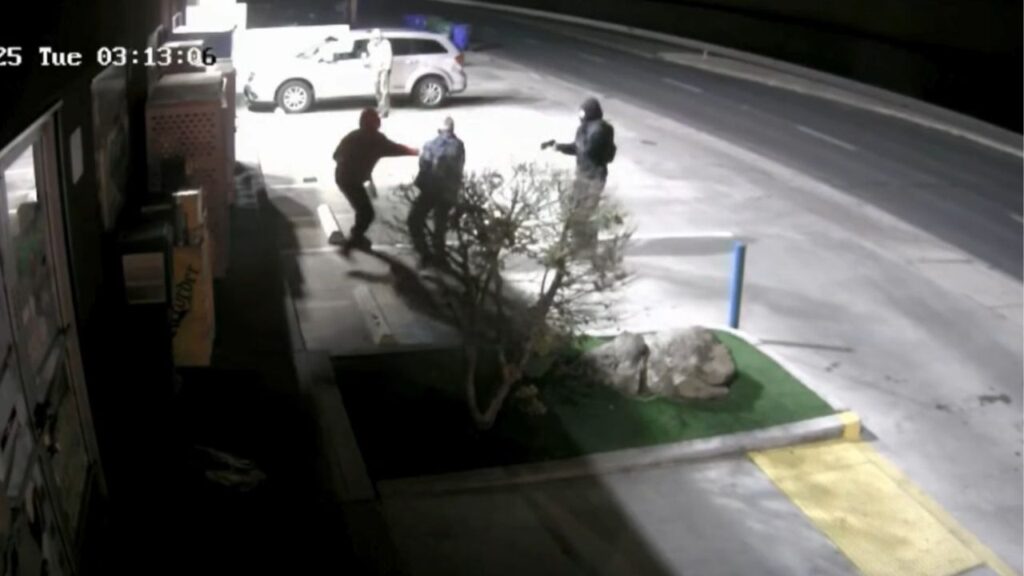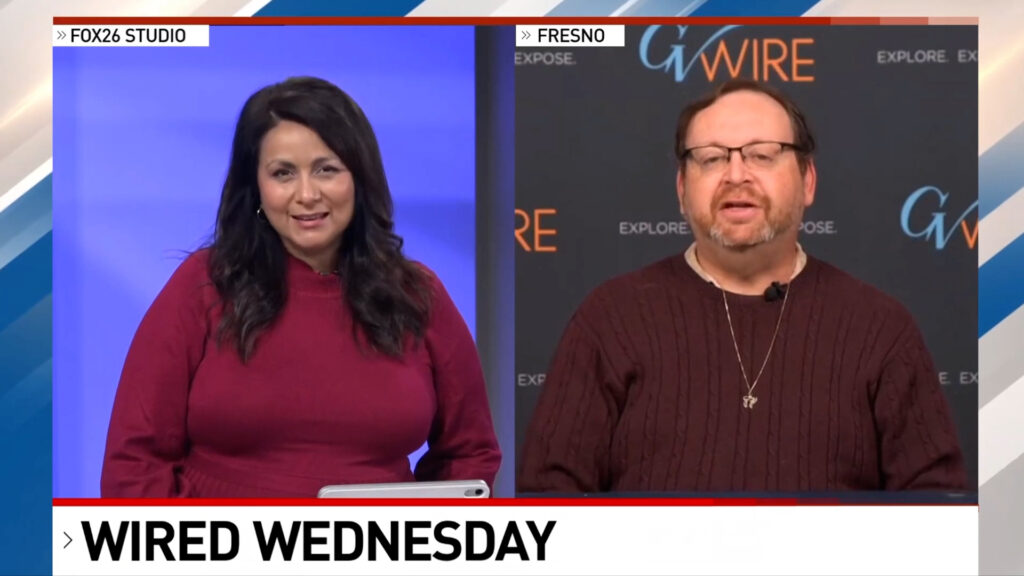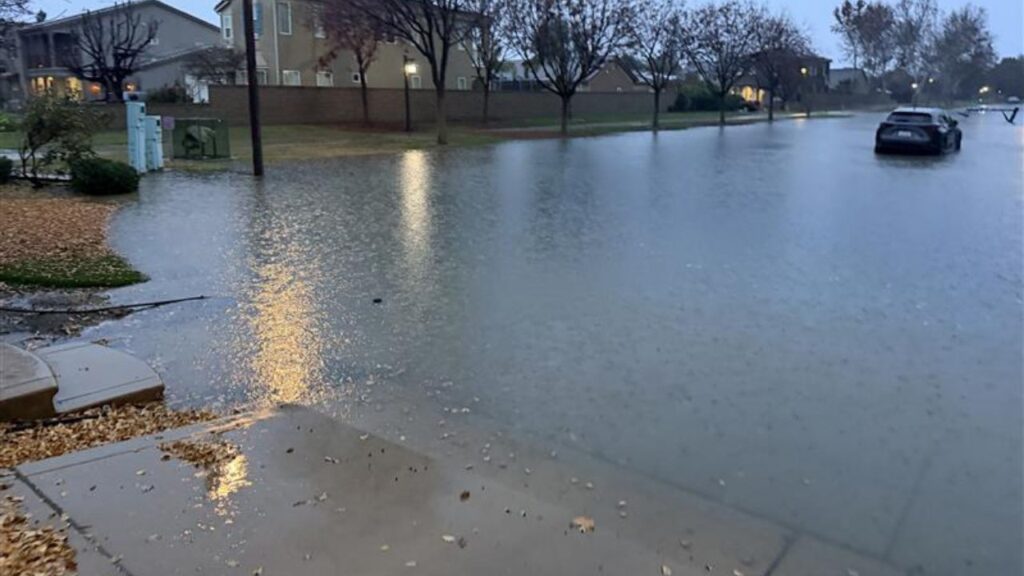The city of Fresno purchased half of El Dorado Park from the Wesley United Methodist Church for $540,000. (GV Wire/David Taub)

- The city of Fresno buys half of a park.
- City Council asks CARB to delay vote.
- Arias congratulates Trump!
Share
|
Getting your Trinity Audio player ready...
|
The city of Fresno now owns a new park. Or at least half of it.
Technically, the city of Fresno did not own El Dorado Park, at Barstow Avenue and Fourth Avenue. It leased space from the Wesley United Methodist Church. Now, under a deal approved 7-0 Thursday by the city council, the city purchased half of the 1.65-acre park for $540,000.
The neighborhood west of Fresno State was once known as “Sin City” because of student parties, high poverty, and crime. Councilmember Tyler Maxwell helped spearhead the park purchase to provide better amenities for the community.
“This is the story of a neighborhood that has shown time after time that they’re willing to work together to lift one another up, to make positive change here in their community,” Maxwell said.
Negotiations took place for four years. Church officials told GV Wire that developers wanted to buy the entire property — church included — but they said no.
“For this to be the only green space accessible to most of the neighbors and to get rid of that really would have had a devastating effect,” Maxwell said.
Buying the space, even half of it, Maxwell said, will ensure public investment in perpetuity.
The city will engage the community for how they want to develop the park. Splash pads, walking paths and shade structures could go along with the existing playground and basketball courts.
Under the agreement, the church will be allowed to use the parking lot during Fresno State football games. The church makes about $7,000 a game.
Federal ARPA funds will help pay for the purchase.

City Council Calls For CARB Delay
The city council wants the state’s air board to delay a hearing Friday that could result in higher gas prices.
The California Air Resources Board meets in Riverside to discuss amendments to the low carbon fuel standard.
KCRA-TV reporter Ashely Zavala in Sacramento reported “CARB leaders are quietly telling some stakeholders that they estimate gas prices in California to increase between 6% to 10%,” although an agency spokesperson denied such chatter.
Advocating for the delay, City Council President Annalisa Perea said she was concerned about the lack of transparency, and possible price increases.
“Further burdening our families at the gas pump with an unknown increase would be irresponsible and potentially devastating to the families who are already working multiple jobs to make ends meet,” Perea said.
The ask to delay joins similar requests from state and federal lawmakers, including Rep. David Valadao, R-Kings County.
The recommendation to delay passed unanimously, 7-0.
City Council Hears Tower Specific Plan
A reduced city council heard potential changes to the Tower District Specific Plan.
City staff is proposing land use changes to one of Fresno’s most iconic neighborhoods.
Proposed changes include zoning for mixed use along the Shields and Blackstone avenue corridors; aligning different housing densities in several neighborhoods, and planning for more parks.
Another change would allow for late-night entertainment zoning near residential areas.
Three members of the city council — Annalisa Perea, Mike Karbasi, and Luis Chavez — had to recuse themselves because they own property or live in the area. Two others — Miguel Arias and Nelson Esparza — would normally be recused as well for the same reason. Doing so would leave the city council without a quorum. By state law, the affected councilmembers drew lots at a meeting last month to decide who could still participate, “won” by Arias and Esparza.
The city council voted 4-0 to initiate the year-in-the-making plan. Final adaptation is expected by December 2025.
Mayor, Councilmembers Congratulates Bredefeld, Chavez for Election Victory
Mayor Jerry Dyer and fellow city councilmembers congratulated colleagues Garry Bredefeld and Luis Chavez for their election night victory.
Bredefeld and Chavez lead in their races for the Fresno County Board of Supervisors in District 2 and 3 respectively.
The latest returns, through Thursday morning, show Bredefeld leading incumbent Steve Brandau 56% to 44%; Chavez leads incumbent Sal Quintero, 54% to 45%.
Dyer looks forward to improved relations between the city and county.
Arias even congratulated President-elect Donald Trump.
“(I hope) my party will learn its lesson and focus on economic issues versus leading with social issues,” Arias said.
Earlier this year, KMPH reported that Arias affixed a sign to his office window with an expletive-filled opinion of the former president.
The new supervisorial term starts Jan. 7. Bredefeld is termed out, and the winner of the District 6 election — either Nick Richardson or Roger Bonakdar — takes office Jan. 8.
Related Story: Costa Expands Lead Over Maher, Richardson Holds Narrow Edge on Bonakdar
Chavez is in the middle of his second full term. He must resign with approximately two years remaining.
City Clerk Todd Stermer reviewed the process to fill the District 5 city council seat that will be vacated by Chavez. The earliest a special election will be held is May 2025.
City Council Considers Street Vendor Regulations
The city council heard reaction about new regulations for street vendors. Rules would include not blocking sidewalks, distance restrictions from operating near residences, and building entrance/exits. Vendors are required to obtain city business licenses and county health permits.
After a six-month grace period, fines range from a warning for the first violation, $25 for a second violation, $50 for a third, and $100 for a fourth.
The regulations did not go over well with several vendors, speaking during public comment.
“Through this ordinance, you created a policy to address some bad actors, but it’s sweeping to all mobile food vendors,” Genoveva Islas, executive director with Cultiva La Salud told the council.
Islas had issues with the punitive measures.
“You’re treating mobile food vendors differently from all other food businesses and the way that you are regulating them extremely,” Islas said.
Several vendors, speaking through an interpreter, asked the councilmembers to walk a mile in their shoes.
Arias reminded the room that the city has invested a million dollars in building a commissary kitchen and a safety training center for vendors.
The arguments moved Maxwell. He said seeing tears in the eyes of the vendors made him think about the regulations.
The council did not vote on the regulations itself but made changes in the fine structure. The item will return at a future meeting for a vote.







